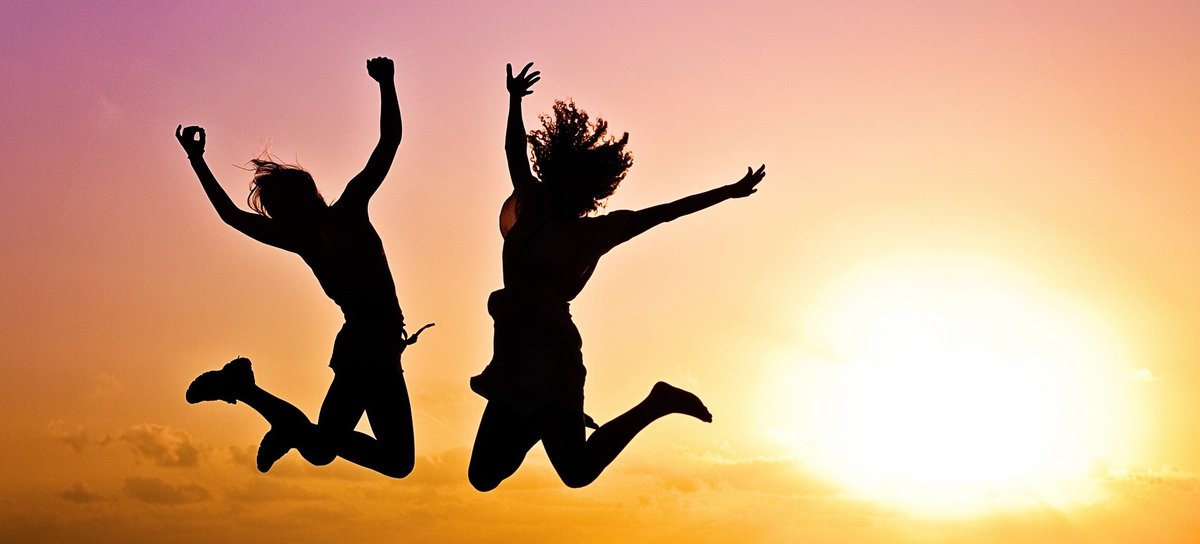US President Joe Biden announced recently that the pandemic was over. He’s been echoed by a variety of political luminaries close at hand and elsewhere. Citizens and politicos alike have jumped on this news uncritically. Given the grim details of our encounter with COVID-19 thus far, our appetite for better news is understandable. Trouble is, the news is wrong; there are still plenty of deaths from COVID-19 and even more hospitalizations.
It pays to be sceptical of good news from high places. I recall an earlier US president – George W. Bush – alighting aboard the aircraft carrier the USS Abraham Lincoln and declaring similar happy news a few weeks after the invasion of Iraq. Mission accomplished. But this news was temporary and fleeting too – the Iraq war dragged on to become one of the longer wars in American history.
Our own political leaders may not have had equally dramatic circumstances, but they’ve accepted the good news too, have stopped dwelling on the numbers of COVID-19 sufferers and the importance of precautions. No one knows our case counts with any accuracy. Guidance is harder to come by, though it’s still variable and pretty much involves self-testing and advice to stay home if positive and to call someone if things are getting worse.

We’ve had a brief respite from worry given the abrupt change in our approach to the virus, but we are deluding ourselves. The virus is doing well most everywhere. To be sure, we’re not overwhelmed at the moment, and tribute must go to our successful vaccines, boosters and PPE. Things are indeed better, but the enemy remains at large and undefeated.
The news of late – if we’re up to it – is that reinfection with the virus is possible, and even likely, in spite of all our advances and precautions.
What has been termed the reinfection era began a year or so ago, when the Omicron variant of the virus first spread round the globe. The intrinsic transmissibility of the Omicron variant has changed the rules of the game; Omicron sub-variants BA.4 and BA.5 are more contagious than precursors, and we’re counting on newly approved bivalent booster shots to crank up our immunity.
Who knows how long we’ll be involved in this game of catch-up? We’ve assumed that future evolution of the virus may result in infections that are generally milder than has heretofore been the case, but this may be wishful thinking. There’s optimism that COVID-19 risk may eventually be comparable to influenza and that, similarly, yearly or periodic booster vaccinations may be required.
We’re better off than we once were regarding COVID-19, but there’s little room for complacency, and I’d predict that locally we’re in for another surge of cases before Christmas. It’s a reasonable but gloomy prospect, but folk have abandoned masks and other precautions and are busy trying to resume normal living.
Our collective mental health is as poor as our resolve and our coping skills. The World Health Organization has recently announced that the global prevalence of anxiety and depression increased by a staggering 25% subsequent to the first year of pandemic and things have only gotten worse. Social isolation, inability to work, fear of illness, bereavement, and financial worries have affected all of us. Health professionals and other essential service workers are exhausted. Children seem particularly affected. Distance learning hasn’t worked well, and the social experience of schooling can’t be overstated.
The pandemic has exposed and exacerbated a multitude of problems that existed pre-pandemic, including racial and economic inequities, mental illness and addiction, and mistrust of institutions and fellow citizens. We can be very sure that the uncertainty, conflict and loss of control that accompany our pandemic have impacted and will continue to impact our health – both mental and physical – as well as that of our children and their children. We’ve got to do better if we’re going to get better.
We’d best start off evaluating what’s worked and what hasn’t. Our ingenuity and technical success at making vaccines in short order, for one example, are reasons to celebrate, but we’ve failed to mobilize swaths of the population, who’ve refused to participate meaningfully but have instead fallen prey to denial, irrational thinking, bizarre and unfounded conspiracies, or simple inertia. It’s an enormous problem that’s been called an epidemic of delusions and an epistemological nightmare.
We abandon or forego a rational response to the virus at our peril. If we look back, our use of PPE – masks, quarantine, testing and isolation – have probably saved our bacon, but they have elicited angry responses and even threats of violence. Many have decided that they’re on one or the other side of this dilemma – compliance versus opposition – and such conflict has split social groups, families and spouses into hostile camps that are rancorous, persistent and opposed to resolution. Could it be that irreparable divisions between friends, family members and society as a whole will stand as a permanent legacy of our pandemic experience?
A few days ago – after the buoyant but erroneous good news of victory over the virus – I saw this play out as reporters interviewed airline passengers who’d been required to wear masks on the flight. One of the disembarking individuals was livid at the airlines’ continuing mask mandate and growled at the perceived injustice or infringement on his right not to wear a mask, calling it “ridiculous and unnecessary.”
It’s hard to think of anything more innocuous or more potentially life-saving than a mask, and I have little sympathy for the aggrieved passenger. Mask-wearing may indeed be an infringement of sorts, and I’m not much concerned whether the mask did much in this instance, protecting the others or the angry passenger himself. The nub of things, if I can call it that, is that someone or some group of persons with expertise had felt masks were/are still appropriate in hospitals and had decided that masking was the safest way to proceed. It seems a silly, even trivial thing to get het up about. Never mind that masks have been used for a century or so in hospitals. Never mind that masks were all we had in the early days of COVID-19, if we were brave enough to go out at all.
Perhaps there’s merit in thinking about health care and hospitals further. Historically, professionals have had to apply to work in hospitals. If the application went well, the governing hierarchy granted the individual privileges, in respect of work, but these carried acknowledged responsibilities. It may be helpful to think of our world as a larger “hospital,” in which privileges are exchanged for appropriate responsibilities. It’s the basis for dog-tired health care and essential services personnel explaining why they’re going back to work tomorrow and the day after that. Being thanked is helpful and even inspiring but not, at end, crucial. As I’ve heard them say, “It’s part of the job.”
Being a citizen, especially in tough circumstances, may be like that too, accepting responsibilities for privileges. It’s part of the job.
Editor’s note:
The views, perspectives and opinions in this article are solely the author’s and do not necessarily represent those of the AMA.
Banner image credit: KT Photography, pixabay.com

